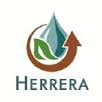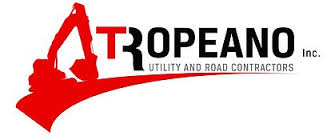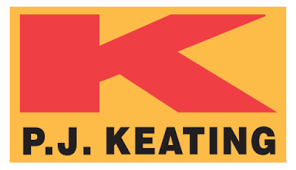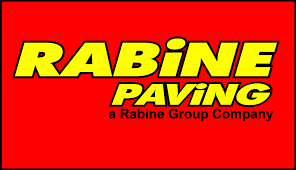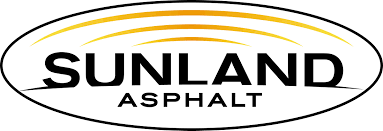Nunavut Alternatives to Rip Rap Program
Alternatives to Rip Rap Program Overview
By 2020, John McCullah, as a practicing Geomorphologist and CPESC, has designed and built over 20 projects that demonstrate the methods discussed in this course, including re-directive methods such as Rock Vanes and Bendway Weirs, Longitudinal Stone Toe methods, Live Siltation, Willow Pole Planting of designed flood terraces, LWD, and much more.
How Well Do the Techniques Work?
After the “Alternatives to Rip Rap Research” was published in 2005, the Alberta Department of Transportation was keenly interested in testing and demonstrating the methods.
A representative stretch of ROW along the Pembina River, near Hinton, Alberta, was selected as a site for the work. A 4-day workshop was organized to test the effectiveness of Re-directive Rock Vanes, the use of Longitudinal Rock Toes and, importantly, how the methods could be implemented in a live stream with no increase in turbidity or downstream sedimentation.
The ADOT invited approximately 70 highway engineers, Alberta Department of Environment and the Department of Fisheries and Oceans to attend the 1-day classroom and 3-day field work. Additionally, ADOT commissioned Dirt Time Video’s producer, James Swirsky, to make movies of the work.
The Dirt Time (DT) videos used to assimilate the new methods demonstrated:
The first year’s project, completed in 2006, was such a success that another training was planned for the following season in 2007 and a similar project was tested for the Southern Province, at Willow Creek, about 150 miles south of Calgary.
In this course, over ten years of river restoration/repair case studies are presented. John McCullah, dirttime.tv’s host, will guide you through these projects and what lessons were learned using video clips from the following locations:
- Pembina River, Hinton, AB, CA
- Chena River, Fairbanks AK
- Willow Creek, So. Alberta, CA
Intended Audience
- Engineers and SWPPP developer
- Inspector
- Regulator
- Installer
- Project Manager
- and/or others
Curriculum: Alternatives to Rip Rap: Environmentally-Sensitive Stream Stabilization Methods
1. Alternatives to Rip Rap: ESSS Overview
Be sure to download and read the 3 articles under the "Resources" section in addition to watching the video.
- Principles of ESenSS
- Materials – Required Reading
2. Pembina River, Hinton, Canada
- Rockvane
- Brush Layering
- Veg. Mechanically Stabilized Earth (VMSE)
- Vegetated Riprap (Bent Pole Method)
- Modified Brush Layering
- Live Pole Drain Fascine
- Large Woody Debris
- Pembina River Summary
3. Chena River, Fairbanks, Alaska
- Chena River
- Coir Rolls, Bio-D Blocks
- Vegetated Sandbags
- Chena – After 7 Years
4. Willow Creek, So. Alberta, Canada
- Willow Creek – Intro
- Rock Vanes
- Slope Prep
- Soil Nailing
- Fiber Rolls
- Hydromulch
- Live Siltation
- Gully Repair
- Slope Stabilization
- Soil Flaps
- Willow Creek – Final Discussion
5. Alternatives to Rip Rap: Environmentally-Sensitive Stream Stabilization Methods – Quiz (25 questions)
Course Demos
Learning Objectives
Upon completion of this course, attendees should be able to:
- Describe the difference between “resistive methods” and “re-directive methods” that improve environmentally sensitive and habitat enhancement.
- Explain vegetative bioengineering and biotechnical methods and how they can improve the riparian environment and aquatic habitat within project bounds – techniques that can provide environmentally-sensitive outcomes that are often required for Resource Agency permits.
- As an outcome of the case studies and the associated dirttime.tv videos presented, discuss and identify actual applications and construction tips, and “lessons learned”.
At the Completion of This Program You Will Receive
7.5 PDHs
Resume' Enhancer (Available on the Credential Validation Page)
Forms, Reports, Regulations, Pictures, Graphs, Examples





